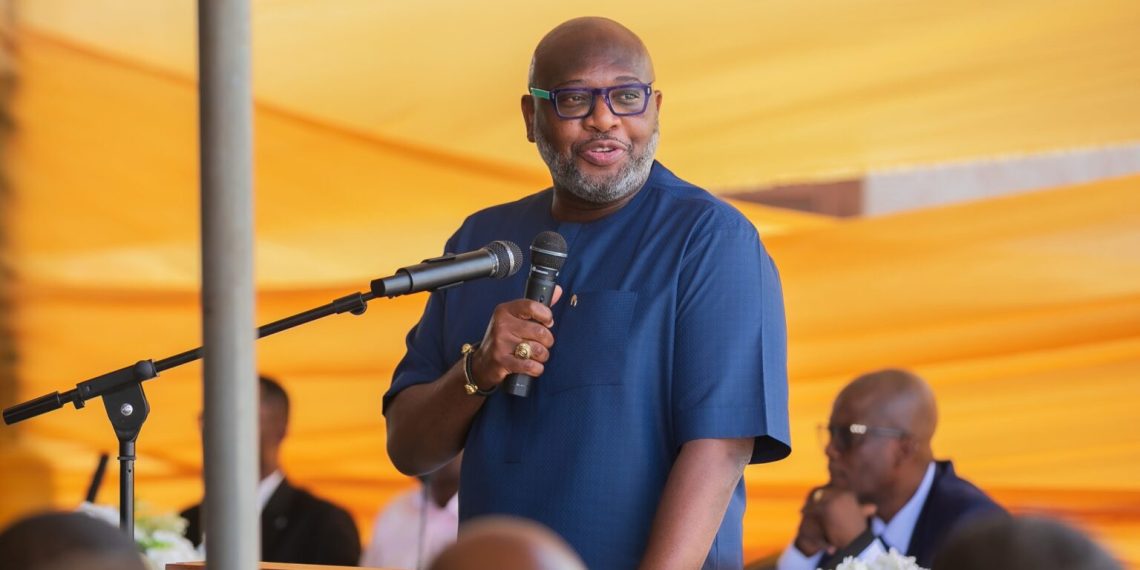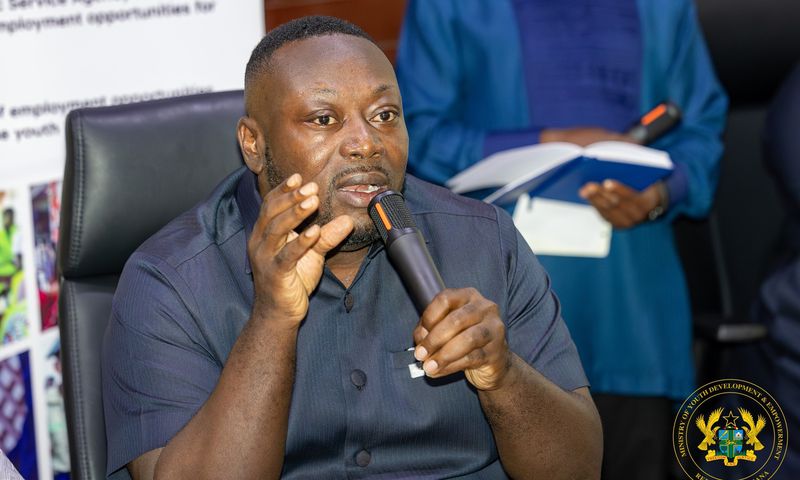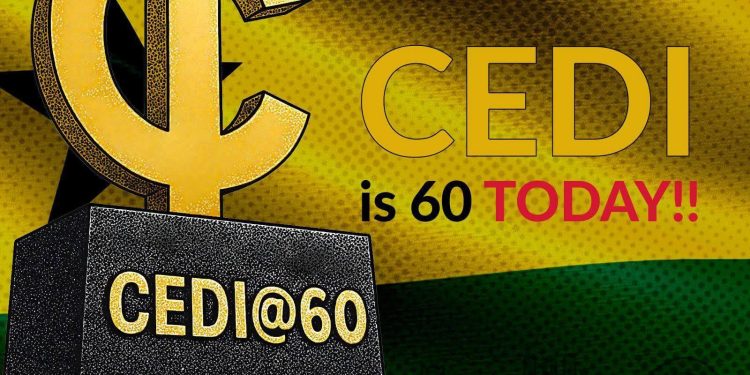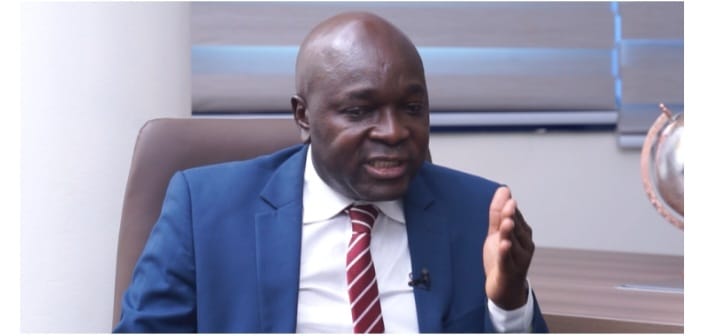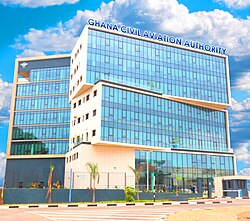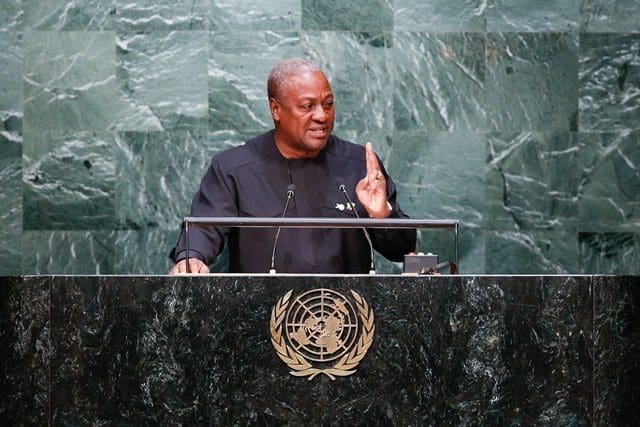The Government of Ghana has announced a significant increase in the producer price of cocoa for the 2025/2026 crop season, raising it from US$3,100 to US$5,040 per tonne, representing a 62.58% increase in dollar terms.
The decision, approved by the Producer Price Review Committee (PPRC) and announced by the Minister for Agriculture, comes ahead of the new cocoa season, which officially begins on Thursday, August 7, 2025.
“It is instructive to note that the Government has, by this decision, increased the producer price significantly by 62.58% in US dollar terms,” the Minister stated.
The new price reflects 70% of the gross Free-On-Board (FOB) value of US$7,200 per tonne, fulfilling President John Mahama’s pledge to ensure cocoa farmers receive at least 70% of the FOB price.
Comparison with Previous Pricing
Under the previous administration, cocoa farmers received US$3,100 per tonne, representing 63.9% of a US$4,850 FOB price despite strong global market conditions at the time. In contrast, the current administration based the new FOB value on a combination of outstanding 2023/24 contracts and market forecasts, including 100,000 tonnes sold at US$2,600 per tonne.
With an average exchange rate of GHS10.25 to US$1, the new producer price equates to GHS51,660 per tonne, or approximately GHS3,228.75 per 64kg bag, up from GHS49,600 previously.
“This comes on the back of a strong Ghana cedi and declining inflation, reflecting Government’s commitment to improving the livelihoods of cocoa farmers,” the Minister added.
To cushion farmers against losses due to exchange rate fluctuations earlier this year, the government pegged the dollar rate at GHS16 to US$1, effectively subsidising GHS1,114 per bag sold during Q2 2025.
“This intervention moved the farmer share of the FOB from 63.9% to over 99%,” the Minister said.
Revised Value Chain Margins and Input Support
The PPRC has also reviewed margins and fees for key stakeholders in the cocoa value chain, including licensed buying companies, hauliers, warehouse operators, and quality control services. In preparation for the season’s launch, COCOBOD has made jute sacks and logistics readily available across buying centres.
Free Fertiliser Programme Reintroduced
The government is also reintroducing the Free Cocoa Fertiliser Programme, beginning this crop season. Farmers will receive free fertilisers (liquid and granular), spraying machines, insecticides, fungicides, and flower inducers to boost yields.
“President Mahama’s administration is committed to supporting our cocoa farmers through this vital programme,” the Minister said.
New Cocoa Scholarship and Traceability Systems
To support the next generation of cocoa farmers, the government is launching a Tertiary Education Scholarship Schemefor children of cocoa farmers, with a pilot in the 2025/26 season and full implementation in 2026/27.
Additionally, a new Ghana Cocoa Traceability System is being introduced to comply with the European Union’s Deforestation Regulations, effective December 31, 2025. The system will track cocoa from farm to port, ensuring that it is deforestation-free, child-labour-free, and EU-compliant.
“This will ensure Ghana remains a reliable source of ethical and sustainable cocoa,” the Minister affirmed.
COCOBOD Reforms Underway
Major reforms are being introduced at COCOBOD to streamline its mandate and enhance productivity in the cocoa sector. As part of the upcoming 2026 Budget, the Ghana Cocoa Board Act will be amended to prevent COCOBOD from engaging in activities outside its core function.
“COCOBOD must focus on increasing cocoa yields, strengthening the cocoa value chain, and improving the welfare of farmers,” the Minister emphasized.
All ongoing cocoa roads projects will be transferred to the Ministry of Roads and Highways, ending COCOBOD’s role in non-core infrastructure projects.
The government reiterated its confidence in COCOBOD’s current leadership and pledged continued support to restore cocoa’s place as Ghana’s economic backbone.



